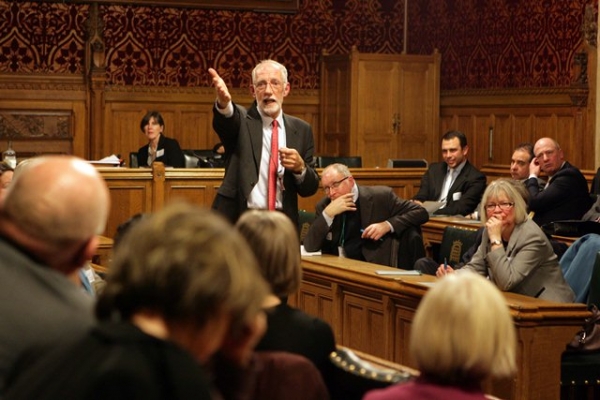
SEDA has published online both on its website and on its blog the collection of Graham Gibbs’ ’53 Powerful Ideas All Teachers Should Know About’, with the intention of prompting debate about the underlying basis of our work. Graham also invited a number of well respected international thinkers and writers about university teaching, and how to improve it, to each contribute one idea to the ’53 Powerful ideas’ collection. To comment on and discuss these ideas, have a look at our blog.
43. Most assessment involves (unreliable) professional judgement – and is all the better for it
42. ‘Student engagement’ is a slippery concept
41. Rewarding excellent teachers may not improve teaching much
40. Self assessment is central to intrinsic motivation
39. Student choice often lacks substance
38. Clearly stated goals are not always helpful to students
37. You cannot design learning activities until you are clear about your outcomes
36. Standards applied to teaching are lower than standards applied to research
35. Conventional higher education does a poor job of facilitating learning transfer
34. Courses work as integrated systems
33. Motivating students is not magic
32. Students don’t always learn from experience
31. Much learning is acquired by doing, but seldom only by doing
30. Departments differ widely in their teaching quality
29. Students approach topic areas in different ways
28. Making feedback work involves more than giving feedback Part 2 The students
27. Making feedback work involves more than giving feedback Part 1 the assessment context
26. Students are selectively negligent, and successful students neglect the right stuff
25. Fear and anxiety are the enemies of learning
24. Students have limited attention
23. There is such a thing as too much information
22. There is often a gap between teacher’s thinking and practice
21. The most useful training of university teachers does not ‘involve’ training
20. Lectures are used far too often
19. Class size matters
18. You can measure and judge teaching
17. Research can help student learning
16. It is difficult to demonstrate that students benefit from their teachers also being researchers
15. Ideas and concepts being taught may not replace students existing ideas
14. Universities (and departments) have quite different organisational cultures and some of these cultures help teaching more than others
13. Teachers’ beliefs and practices are framed by their social setting
12. Teaching is driven by beliefs and assumptions
11. Students do not necessarily know what is good for them
10. Students’ marks are often determined as much by the way assessment is configured as by how much students have learnt
9. Many patterns of teaching in HE simply follow conventions
8. It has more impact on educational effectiveness to change learners than it does to change teachers
7. Students’ expectations are formed early
6. Learning takes effort
5. Much of what is learnt is forgotten
4. Good student performance is achieved in different ways than learning gains
3. Transferable skills rarely transfer
2. Students respond to clear and high expectations
1. Students are trying to get different things out of being at university